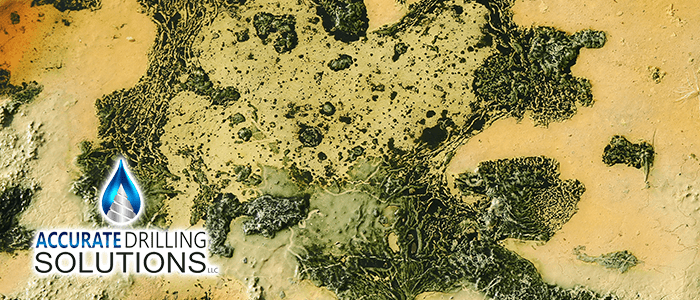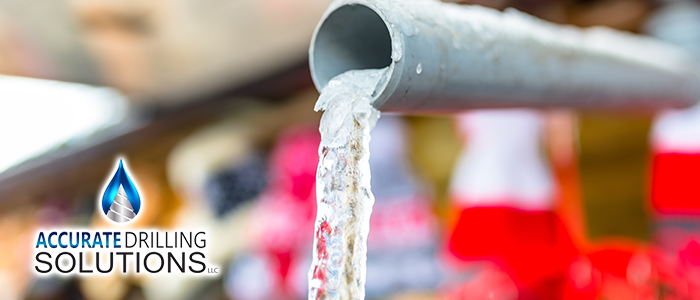
Dealing with Perchlorate
Perchlorate, an additive to rocket fuel that is toxic to humans, has been in the news lately. Although it’s not a problem for most people who use well water—in fact, only 5% of U.S. wells contain traces of perchlorate—it serves as a good reminder about the importance of understanding flow pathways.
A private well is a great asset when you’re a homeowner—it can provide you with plenty of free, safe water. However, well owners need to be aware that environmental and man-made water contamination is a real threat. Test your well water at least once a year to make sure it’s safe for drinking.
Environmental water contamination is a growing concern as many people strive to live in more environmentally friendly ways. If we had understood the dangers of contamination and its effects on health in earlier decades, we might have regulated manufacturing industries more effectively.
What is Perchlorate?
Perchlorate is a chemical that is made in the lab and used to manufacture many products—including fireworks, rocket fuel, matches and flares. It’s also found (though not as frequently) in some batteries, as well as being an ingredient of vehicle airbags.
Percolate is an ion that forms when the salts of ammonium, potassium, sodium or magnesium dissolve in water. It moves between ground and surface waters and can persist for many years. Perchlorate is not very soluble in water and does not bind to surface particles. This means that it travels easily with water, making it difficult for treatment methods like removal by filtration or distillation to be effective against this contaminant at low concentrations (less than 1 ppm).
It can be easily spread; not just in groundwater, but in soils and plants. Along with that, it makes its way up the food chain, even in organically grown foods.
Effects of Water Contamination from Perchlorate on Health
The main health concern associated with perchlorate is that it may damage the thyroid gland and disrupt thyroid function. Impairment of a pregnant woman’s thyroid may be associated with impaired neurological development and lower IQ scores in children. Perchlorate may cause a hormone imbalance, which could lead to thyroid gland tumors.
The U.S. Environmental Protection Agency is currently working on establishing national standards for levels of perchlorate in drinking water, and it has initiated studies to determine what those levels should be.
What You Can Do If Your Water Is Contaminated with Perchlorate
For homeowners whose wells test positive for perchlorate, there are a variety of treatment options. There are various types of water purification systems, ranging from those that use exchange resins to remove minerals and impurities at the point of use (such as on a kitchen faucet) to those that cleanse entire bodies of water before it is piped into homes.
Because some ion exchange resins can remove all other anions before binding perchlorate, the resulting water may be corrosive and require additional treatment to restore some hardness. Since salt binds tightly to resins, the resin may need a higher than normal concentration of salt for regeneration. Because perchlorate is not destroyed in saltwater, it can concentrate and become a problem.
If you are concerned that your water might be contaminated with perchlorate, talk to a professional from Accurate Drilling who can test it for you. We can test for perchlorate in your drinking water and, if present, help you evaluate treatment options.
Testing and water treatment is the best option available to date when well water contamination has been detected. The professionals at Accurate Drilling can provide what you need to ensure your drinking water is safe.
continue reading
Related Posts
Lakeland Commercial Pump Systems: Installation & Maintenance Tips Commercial pump
Tampa Well Water Quality: Your Complete 2025 Guide Well water
Addressing Water Pressure Issues in Wells: Expert Solutions Water pressure





